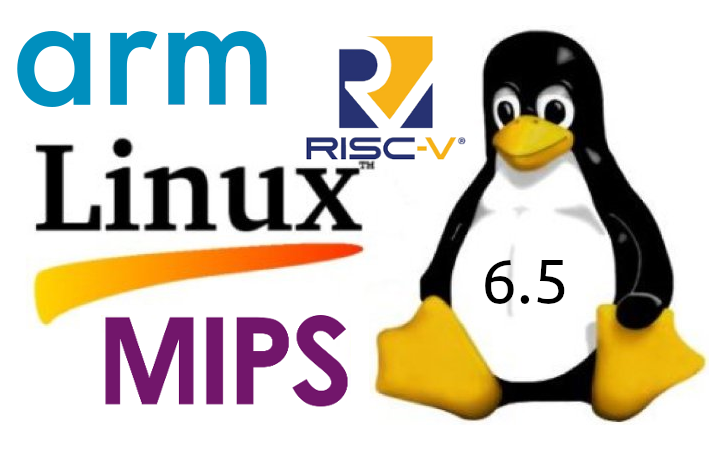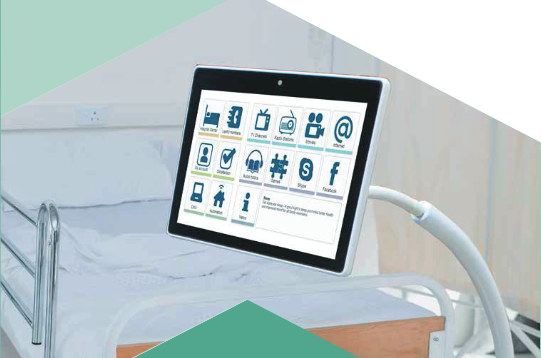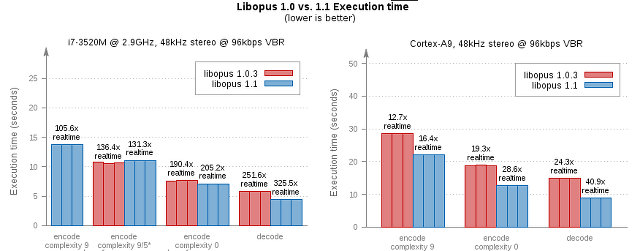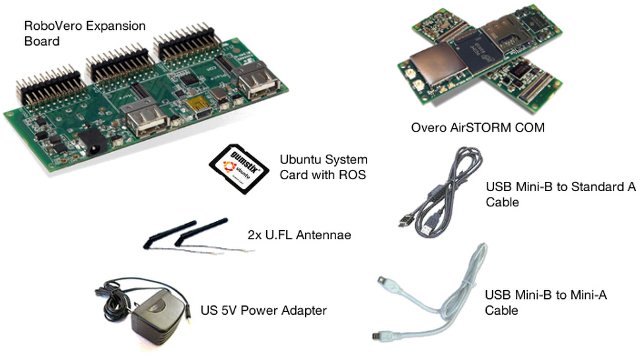Linus Torvalds has just announced the release of Linux 6.5 on the Linux Kernel Mailing List (LKML): So nothing particularly odd or scary happened this last week, so there is no excuse to delay the 6.5 release. I still have this nagging feeling that a lot of people are on vacation and that things have been quiet partly due to that. But this release has been going smoothly, so that’s probably just me being paranoid. The biggest patches this last week were literally just to our selftests. The shortlog below is obviously not the 6.5 release log, it’s purely just the last week since rc7. Anyway, this obviously means that the merge window for 6.6 starts tomorrow. I already have ~20 pull requests pending and ready to go, but before we start the next merge frenzy, please give this final release one last round of testing, ok? Linus The earlier […]
Linux 4.12 Release – Main Changes, ARM & MIPS Architectures
Linus Torvalds has just released Linux 4.12: Things were quite calm this week, so I really didn’t have any real reason to delay the 4.12 release. As mentioned over the various rc announcements, 4.12 is one of the bigger releases historically, and I think only 4.9 ends up having had more commits. And 4.9 was big at least partly because Greg announced it was an LTS kernel. But 4.12 is just plain big. There’s also nothing particularly odd going on in the tree – it’s all just normal development, just more of it that usual. The shortlog below is obviously just the minor changes since rc7 – the whole 4.12 shortlog is much too large to post. In the diff department, 4.12 is also very big, although the reason there isn’t just that there’s a lot of development, we have the added bulk of a lot of new header files […]
Linux 4.6 Release – Main Changes, ARM and MIPS Architectures
Linus Torvalds released Linux Kernel 4.6 earlier today: It’s just as well I didn’t cut the rc cycle short, since the last week ended up getting a few more fixes than expected, but nothing in there feels all that odd or out of line. So 4.6 is out there at the normal schedule, and that obviously also means that I’ll start doing merge window pull requests for 4.7 starting tomorrow. Since rc7, there’s been small noise all over, with driver fixes being the bulk of it, but there is minor noise all over (perf tooling, networking, filesystems, documentation, some small arch fixes..) The appended shortlog will give you a feel for what’s been going on during the last week. The 4.6 kernel on the whole was a fairly big release – more commits than we’ve had in a while. But it all felt fairly calm despite that. Linux 4.5 added […]
Arbor HTab Android Tablet Powered by TI OMAP 4470 Targets Hospital Patients
Texas Instruments exited the consumer market a couple of years ago, to focus on higher margins industrial, automotive and healthcare markets. While you won’t find any recent consumer tablets with a Texas Instruments processor, Arbor recently launched Htab, a “bedside turn-key solution combining healthcare and patient entertainment service” powered by Texas Instruments OMAP4470 dual core Cortex A9 processor, and featuring a 10″ touchscreen display with 1280x 800 resolution. Some of Arbor HTab hardware specifications: SoC – Texas Instruments OMAP 4470 dual core Cortex A9 processor @ 1.5 GHz System Memory – 1GB LPDDR2 Storage – 8GB eMMC Flash + micro SD slot storage (Max. 32GB) Display – 10.1” LCD at 1280×800 resolution with 10-point projected capacitive multi-touch POE connectivity option reduces installation costs Micro USB for external device connectivity 2.0MP Webcam RFID Tag Support – ISO15693, ISO14443A/B, Felica, Mifare, Tag-it, ST LRI 1K and ST M24LRXX Complies with EN60601-1 & […]
Linaro 14.07 Release with Linux Kernel 3.16 and Android 4.4
Linaro 14.07 has just been released with Linux Kernel 3.16-rc6 (baseline), Linux Kernel 3.10.50 (LSK), and Android 4.4.4. This month, Linaro has continued development on Juno 64-bit ARM development board, as well as other member boards from Broadcom (Capri), Qualcomm (IFC6410), Hisilicon D01, Samsung (Arndale / Arndale Octa), etc.. Android have been upgraded to version 4.4.4 with images released for Pandaboard, Arndale, Nexus 10, and Nexus 7, built with Linaro GCC 4.9. Here are the highlights of this release: Linux Linaro 3.16-rc6-2014.07 released GATOR version 5.18 (same version as in 2014.04) updated basic Capri board support from Broadcom LT. Good progress in upstreaming the code: now the topic has 21 patch on top of v3.16-rc4 vs 53 patches on top of v3.15 in 2014.06 cycle removed cortex-strings-arm64 topic as the code is accepted into the mainline new topic from Qualcomm LT to add IFC6410 board support updated Versatile Express ARM64 […]
Linux 3.15 Released
Linus Torvalds announced the release of Linux Kernel 3.15 last Sunday: So I ended up doing an rc8 because I was a bit worried about some last-minute dcache fixes, but it turns out that nobody seemed to even notice those. We did have other issues during the week, though, so it was just as well. The futex fixes and cleanups may stand out, but as usual there’s various other random fixes since rc8 in there too: mainly drivers (drm, networking, sound, usb etc), networking, scheduling and perf tooling. But it’s all been fairly small and quiet, which *may* of course be due to the fact that last week was also the first week of the merge window for 3.16. That might have distracted some developers. I’m not entirely convinced I liked the overlap, but it seemed to work ok, and unless people scream really loudly (“Please don’t _ever_ do that again”) and give good […]
Opus Open Source and License-free Audio Codec Decreases Latency over VoIP Codecs, (Slightly) Betters MP3 and AAC Quality
I’ve just stumbled upon Opus, a relatively new audio codec, with the release of version 1.1 implementation which improves encoding quality for VBR audio, automatically detect audio or speech to select the best encoding mode, and improved 5.1 surround quality/compression ratio. The new release also bring speed improvements for all architectures, and specifically for ARM, where decoding uses around 40% less CPU and encoding uses around 30% less CPU thanks to the use of NEON compared to an earlier version. You can go to the online demo page to find more about the latest released, and try some of the latest improvements. This all looks fun, but I wanted to know more about Opus, and especially how it compares against MP3 or AAC. It turns out Opus was not originally designed to compete against MP3/AAC which are used to store audio, but instead it was meant to be used for […]
Gumstix Announces Solution Kits for their CPU Modules and Boards
Gumstix has recently unveiled several solution kits featuring their Overo and DuoVero Computer-on-Modules (CoMs), Pepper single board computer, and several expansions boards, together with required accessories, and software packages, in order to help their customers getting started more easily. All these solutions are based on Texas Instruments OMAP3, OMAP4, and/or Sitara processors, and run Linux (Ubuntu or Yocto), and sometimes Android for the kits with displays. The solutions kits target 6 different types of applications and/or markets: Robotics Robotic Development Kit (Pictured above) with one Overo AirSTORM CoM (OMAP3703), and RoboVero expansion board. The kit is better suited for motor control applications. Mobile Robotic Development Kit with one Overo AirSTORM CoM, and Turtlecore expansion board to be used with iRobot Create. The kits ship with a Linaro (Ubuntu for Overo) system card and Robot Operating System (ROS) pre-installed. Handhelds 3.5″ Handheld Development Kit featuring Overo AirSTORM CoM with Alto35 cutomizable […]








